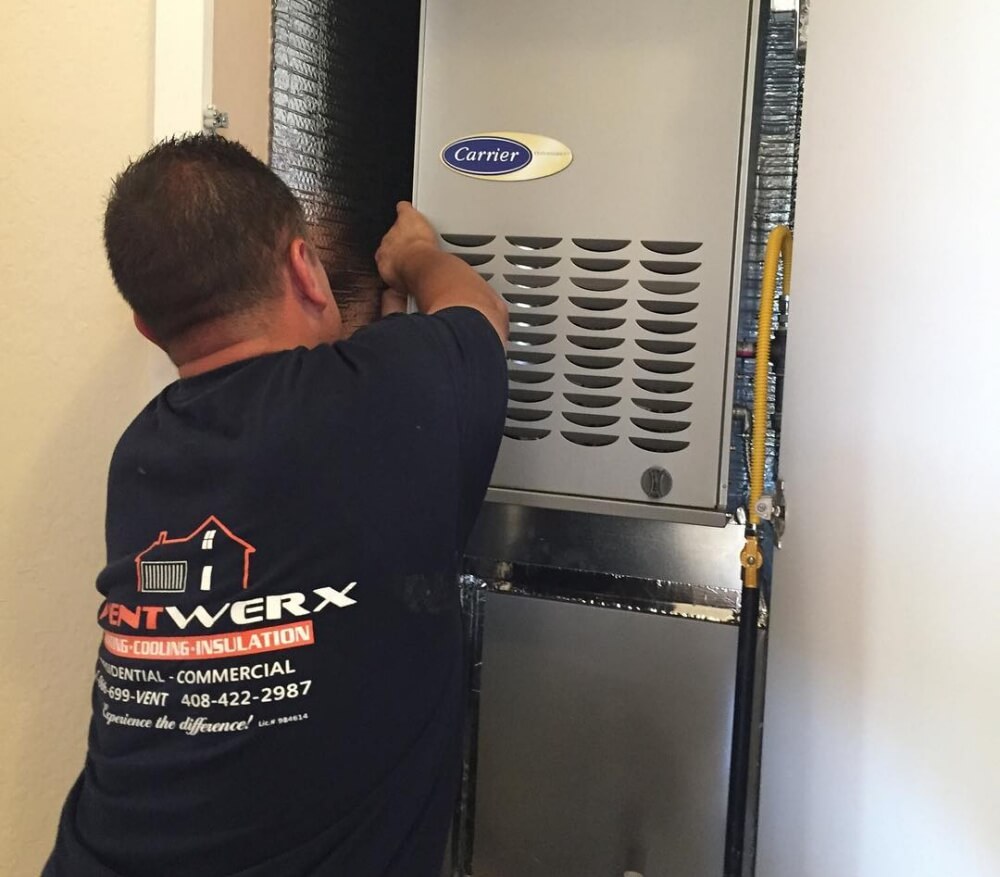HVAC Inspection for Homes
Heating, Ventilation, and Air Conditioning has been around for many years now. Because of this, residential homes and buildings, commercial establishments and the like are being provided services that give them comfort in their own homes and buildings. Without HVAC services, we might not have the proper ventilation and regulation that we all need. That’s why, it is really important to have your HVAC properly maintained and inspected to avoid unforeseeable problems in the future.
HVAC companies right now are offering HVAC inspection for homes and buildings. But, as someone who wants their HVAC systems inspected, you also have to know what it is and what to expect. This article will give you an in-depth insight in HVAC inspections and other information related to it.
(For high quality HVAC services, click here)
What are HVAC inspections?
Heating, ventilation, and air conditioning or most commonly known as HVAC is the technology of indoor and vehicular environmental comfort. The main goal of HVAC is to provide thermal comfort and appropriate indoor air quality to residential homes, commercial establishments, and even vehicles of all kind. HVAC is an important component of homes and establishments because temperature and humidity are being regulated whether it is safe and healthy. That is why HVAC inspections are being done once in a while to ensure that there are no problems with the HVAC system.
HVAC inspections pertain to a service being done by an HVAC company to a certain home or building. An HVAC inspection is a thorough review and assessment of all factors relating to heating, ventilating, and air conditioning in your homes. It is advised to get an HVAC inspection once in a while to make sure that no problems are occurring.
Why get an HVAC inspection?
The common problem of homeowners is that they believe that if nothing’s broken then don’t get it fixed. This kind of thinking is not right since you do not have to wait for the last minute to repair things. You know what they say, prevention is better than cure. And preventing HVAC problems is better than waiting for your system to get broken.
A simple HVAC inspection will actively reduce your need for constant repairs and greatly improve the quality of your air conditioning and energy efficiency in your home. Moreover, as a homeowner, you should be aware of what is going on in your home in order to avoid surprise problems and the need for a repair and replacement in the future.
Can I do an inspection myself?
You can if you are a proper and licensed HVAC technician. If you’re not, then it is best to leave it to the experts. If you still push to do an inspection yourself, chances are you do not have the knowledge the same as a professional HVAC technician does. Meaning, you have no clue of what you’re going to inspect and expect when you’re doing an inspection by yourself.

There are a lot of HVAC companies right now and finding the perfect company that fits your estimated expenses and expectations is not an easy task to do.
Before scheduling a date and time for an inspection, call at least three or four companies and ask them about the minimum costs of their HVAC inspection and what services they offer. This assures you that you’re getting the best since you have a list of companies to base your decision on. Some companies offer HVAC inspection services that are not offered in other companies so you might want to consider that if you have a specific problem you want to deal with.
Typically, an HVAC inspection will cost around $200 to $450 per inspection if you want it to be thorough. A simpler HVAC inspection though will only cost you about $80 to $100 per inspection. Make sure to know what you want in an inspection to help you in deciding.
The information you gain from an inspection is going to be helpful because it gives you awareness of what’s actually going on in your HVAC system.
Usually, companies offering HVAC inspections have their own checklists to properly determine what’s wrong with your HVAC system. Heating, ventilation, and air conditioning inspections on residential homes and commercial buildings typically include but not limited the following:
- Air filter
- Auxiliary heat operation
- Blower components
- Burner assembly
- Combustion air
- Condensate drains
- Condenser
- Correct airflow
- Defrost cycle
- Electrical connections
- Proper system operations
- Equipment area
- Equipment clearances
- Equipment condition
- Equipment match
- Evaporator coils
- Gas piping
- Gas pressure
- Heat exchanger
- Heat mode
- Ignition assembly
- Installation quality
- Refrigerant pressure
- Safety controls
- Starting capabilities
- Temperature differentiation
- Thermostat calibration
- Vent clearances
- ventilation